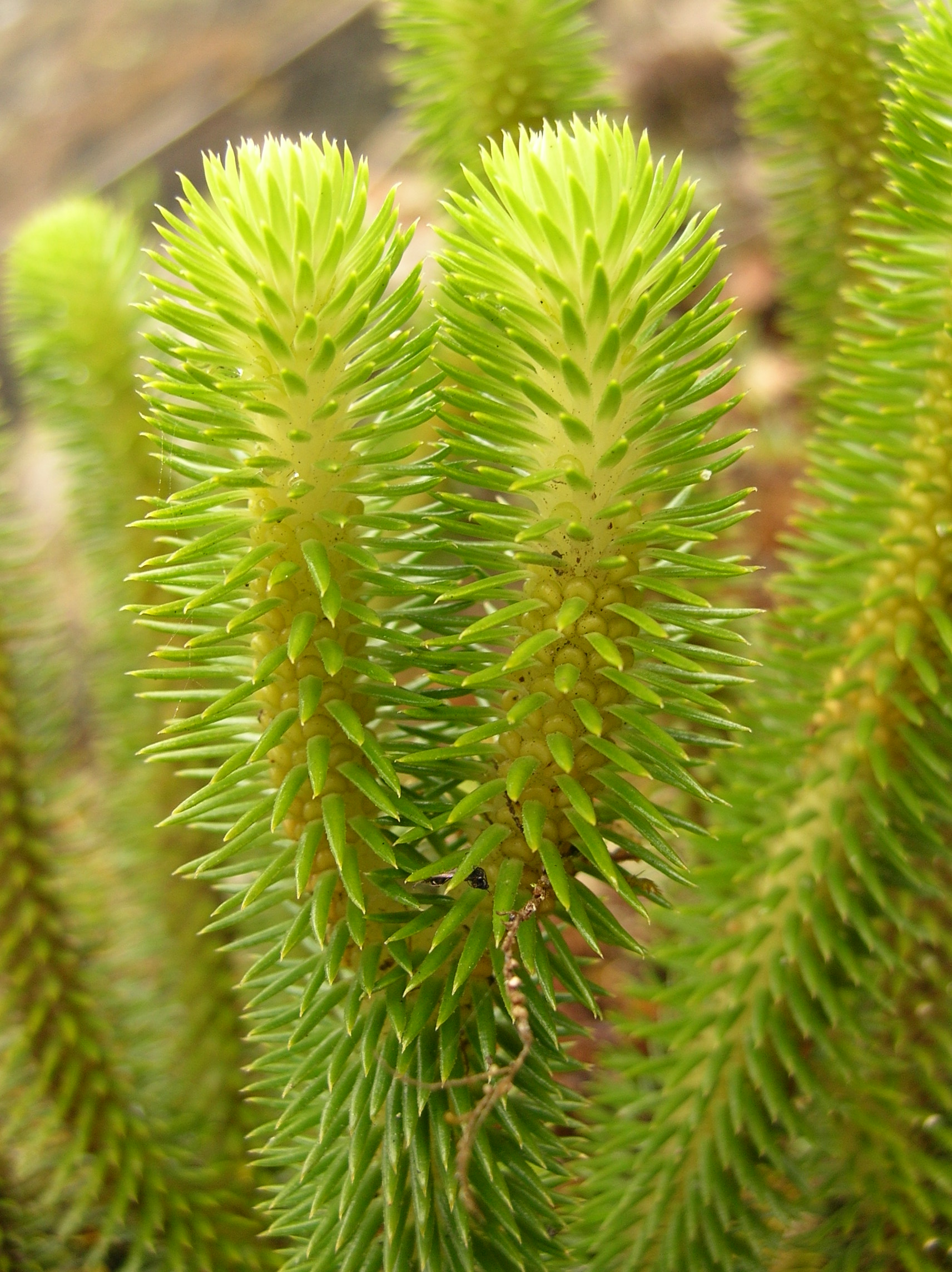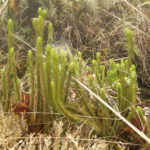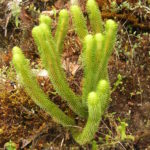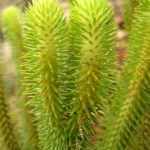Phlegmariurus firmus

Collection data
Classification & Common Names
- Class: Lycopodiopsida
- Family: Lycopodiaceae
- Genus: Phlegmariurus (Herter) Holub
- Species: Phlegmariurus firmus (Mett.) B. Øllg.
Collection Data
- Collection Date: 3-V-2007
- Collection Number: 1325
- Primary collector: M. Sundue & A. Vasco
- Collected by: M. Sundue & A. Vasco
- Determined by: W. Testo
- Habitat: Sub-paramo woodland
- Habit: Terrestrial
Collection Location
- General location: PNN Chingaza
- Country: Colombia
- State or Province: Meta
- Municipality: San Juanito
- Coordinates: ,
- Elevation: 3212 m
About the Author
Michael Sundue
My field work is centered in Colombia, and Papua New Guinea. I am based at the Royal Botanic Garden Edinburgh (E). If you have any ferns that you want identified, please send them to me!




I think this is probably Phlegmariurus firmus (Mett.) B. Øllg, which is restricted to the Northern Andes.
Benjamin Ollgaard would know for sure.
Thanks! I will annotate as that for now.
I wrote Benjamin about this plant and he confirmed that it is most likely P. firmus.
This taxon is allied with the Phlegmariurus reflexus group, but is one of the more robust members. This species, P. cleefianus, and P. urbanii differ from the rest of the group by having thick-walled, isodiametric epidermal cells. This is discussed in Ollgaard’s (1988) treatment of Lycopodiaceae for the Flora of Ecuador series and elsewhere.
I was able to study this specimen the other day while I was working at herbarium HUA in Medellin.
I do not think it is P. firmus, as the shape of the epidermal cells is not correct, the leaves are too broad, and lack marginal teeth.
I do not know what this plant is, but think the current determination is incorrect.
Thanks for the update! Keep me posted.